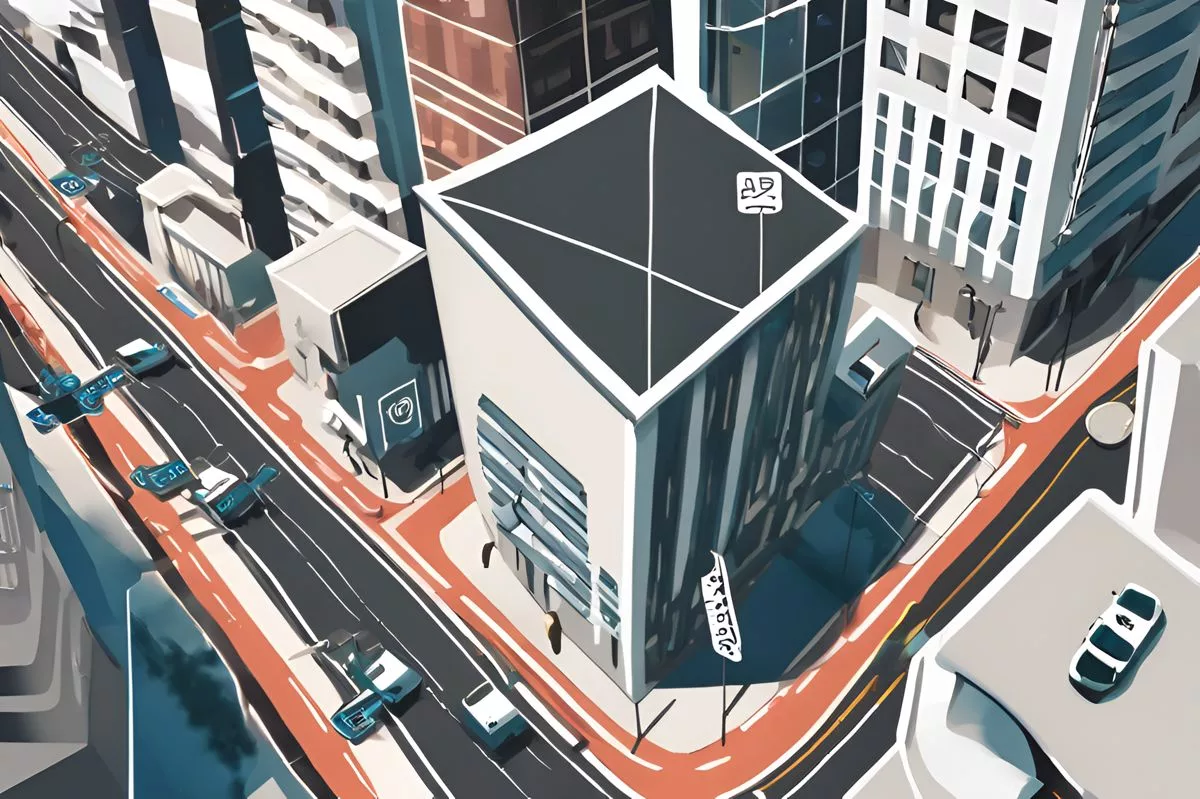The Planning Africa Conference 2024 brought together visionaries, scholars, and government representatives to discuss the challenges posed by escalating urbanization. The conference emphasized the need for dynamic and forward-thinking planning that recognizes the interconnectedness of people, place, environment, and economy. Effective planning requires a well-defined distribution of responsibilities across various government sectors and adherence to UN-Habitat’s international guidelines on urban and territorial planning. The District Development Model advocates for a unified and well-resourced approach that promotes local business opportunities and addresses social inequalities.
Escalating urbanization is a global reality, presenting formidable challenges for urban planners. The Planning Africa Conference underscored the necessity for dynamic and forward-thinking planning, rooted in the understanding that people, place, environment, and economy are all interconnected. Effective planning and development of sustainable settlements hinge upon a well-defined distribution of responsibilities across various government sectors.
As the African sun bathed the spirited city of Durban, visionaries, distinguished scholars, and government representatives gathered for the Planning Africa Conference 2024. The conference was held under the theme, “Sustainable futures: From theory to practice,” offering an ideal setting for their discussions. Their primary focus was on envisaging future urban and rural landscapes. They were united by a shared goal: to lay down a blueprint for fair, thriving, and unified communities.
Escalating Urbanisation: A Global Reality
The phenomenon of urbanisation, which has swept across the globe over recent decades, was at the center of their discussions. In 1950, only a third of the world’s population lived in cities. By 2015, this number had risen to over half, painting a clear picture of urbanisation’s pace and impact. This growing trend, projected to encompass two-thirds of the global population by 2050, is not only modifying our spatial perceptions but also turning cities into economic giants and climate change accelerants.
However, the rapid urban spread, outpacing population growth, has presented formidable challenges for urban planners. This swift expansion exerts considerable pressure on existing infrastructure, with every enhancement carrying a significant cost. Furthermore, antiquated planning legislation unable to keep up with urban growth has often led to erratic development. This lack of enforcement in planning not only comes with a steep financial cost but also adversely affects those compelled to seek informal housing due to planning delays.
Proactive Planning: A Vital Need
In light of these challenges, the Planning Africa Conference underscored the necessity for dynamic and forward-thinking planning. This concept is rooted in the understanding that people, place, environment, and economy are all interconnected. The New Urban Agenda and the Sustainable Development Goals offer a path towards a brighter future. But reaching this goal demands a shift away from conventional planning methods towards spatial justice, geared towards eradicating the lingering effects of apartheid spatial development.
Climate change’s ominous threat underscores the necessity for novel strategies. For example, South Africa is experiencing a surge in natural disasters, resulting in widespread displacement. To address this problem, the implementation of Alternative Building Technologies has been suggested. This solution requires a communal effort to incorporate these innovations into our planning and development methods.
Rights-Based Planning: A UN-Habitat Directive
The United Nations Habitat (UN-Habitat), in its report titled “Leading Change: Delivering the New Urban Agenda through Urban and Territorial Planning,” champions rights-based planning. This methodology encourages clear, straightforward, and speedy planning to keep pace with demographic shifts and migration patterns. Effective planning can heighten socioeconomic resilience and enhance environmental risk management, provided it capitalises on a region’s unique aspects.
Effective planning and development of sustainable settlements hinge upon a well-defined distribution of responsibilities across various government sectors. Nationally, this includes policy formation, funding, resource distribution, capacity enhancement, and monitoring. Provincial responsibilities cover areas such as district-based coordination and support, project implementation, technical assistance, and monitoring. Local government duties encompass land use management, infrastructure development, community involvement, participatory planning, and economic development.
District Development Model: An Integrated Approach
The District Development Model (DDM) advocates for a unified and well-resourced approach that incorporates all three tiers. This model acknowledges the informal sector’s importance, not just as an income source for the poorest, but also as a hotbed of entrepreneurialism. Consequently, planning should promote local business opportunities by making affordable sites and services available to households and township economies.
To rectify social inequalities, planning must actively strive to address disparities. Many impoverished city residents live far from economic opportunities, dedicating a substantial portion of their income to transportation. These settlements, often located on city peripheries, lack basic social amenities such as schools and healthcare facilities. If these discrepancies are overlooked during planning, they will persist.
As we re-envision planning with a people-centric approach, adherence to UN-Habitat’s international guidelines on urban and territorial planning is crucial. This method prioritises the social, economic, and environmental resilience of our communities. The Planning Africa Conference signified a step towards establishing a consistent forum for planners to reshape and reimagine planning as a profession that supports global and national sustainable development agendas.
Reflecting Minister Mmamoloko Kubayi’s sentiments, the conference challenges us to engage in candid discussions about our struggles, our resource limitations, and our collective actions. As we navigate our way towards sustainable futures, we must join forces for a better nation, as dreamt by our predecessors.
What was the focus of the Planning Africa Conference 2024?
The Planning Africa Conference 2024 focused on envisaging future urban and rural landscapes in order to lay down a blueprint for fair, thriving, and unified communities.
What is the phenomenon of urbanisation?
Urbanisation is the global phenomenon of people moving from rural areas to cities, resulting in the rapid expansion of urban areas.
Why is proactive planning important?
Proactive planning is important because rapid urbanisation is putting pressure on existing infrastructure, with every enhancement carrying a significant cost. Furthermore, antiquated planning legislation unable to keep up with urban growth has often led to erratic development.
What is the District Development Model?
The District Development Model (DDM) advocates for a unified and well-resourced approach that incorporates all three tiers of government. The model acknowledges the informal sector’s importance, not just as an income source for the poorest, but also as a hotbed of entrepreneurialism.
What is rights-based planning?
Rights-based planning is a methodology that encourages clear, straightforward, and speedy planning to keep pace with demographic shifts and migration patterns. Effective planning can heighten socioeconomic resilience and enhance environmental risk management, provided it capitalises on a region’s unique aspects.
Why is adherence to UN-Habitat’s international guidelines on urban and territorial planning crucial?
Adherence to UN-Habitat’s international guidelines on urban and territorial planning is crucial because it prioritises the social, economic, and environmental resilience of our communities.












